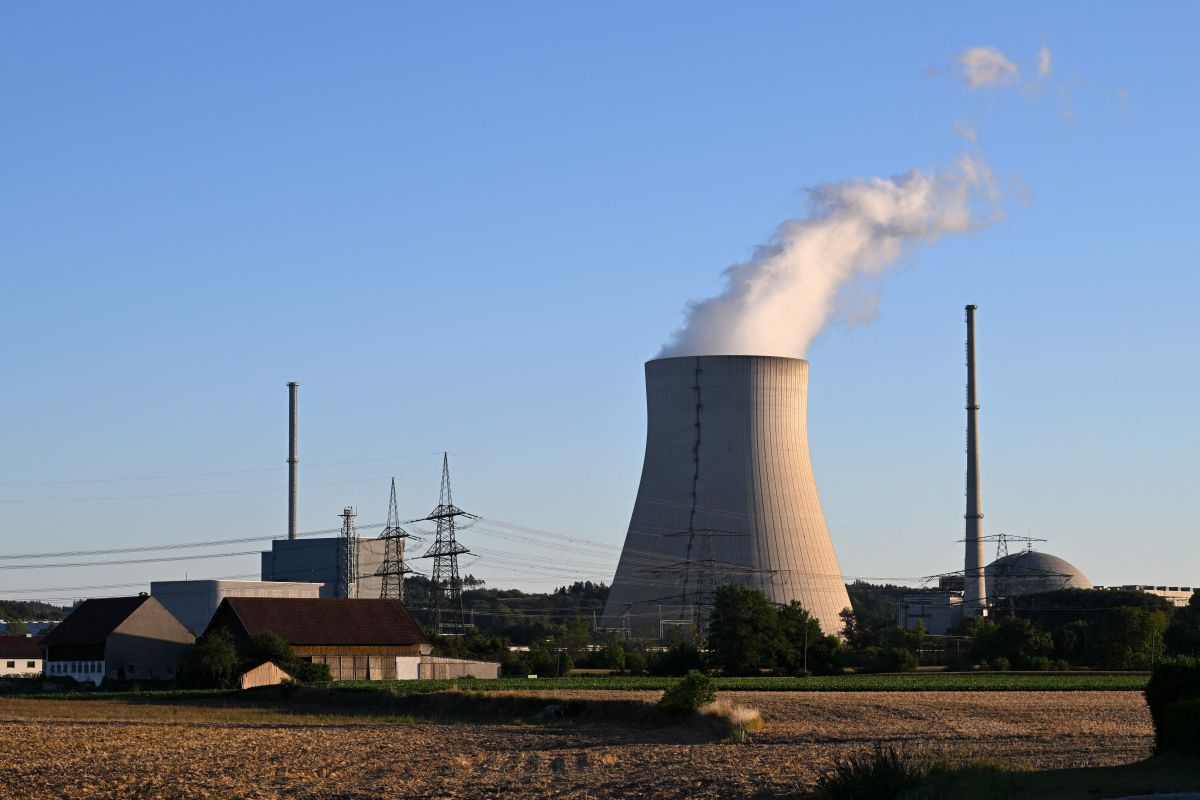After the nuclear disaster in Fukushima, the subsequent Japanese governments adopted a very cautious line in relation to atomic energy, even committing themselves not to build new reactors. Eleven years later, Prime Minister Fumio Kishida has announced a radical change.
In a recent meeting with the Green Transformation Implementation Council, Kishida ordered that more nuclear power plants resume operations and that considerably lengthen the life of the operating reactors. It also reported that new modern nuclear power plants will be developed.
These profound changes demonstrate both the negative impact of the Russian invasion of Ukraine on energy prices in Japan, and the slow but sure turnaround in public opinion regarding nuclear energy.
The opposition decreases
According to a July survey 2011, 74 percent of the participants supported nuclear power plants resuming operations. By comparison, in March 2011, just after the tsunami that damaged the Fukushima plant, a 80 percent of those surveyed had expressed their firm rejection of nuclear energy.
Currently, ten of the 27 Reactors that were operating before the Fukushima nuclear disaster are producing power again, after extensive refurbishments and exhaustive seismic safety tests.
The Japanese Government hopes that, until 2030, nuclear energy covers the 10 percent of the country’s energy demand. Experts have even proposed extending the life limit of some plants by 40 years to 60 years of seniority.
Are smaller reactors the solution?
Since Japan does not have domestic energy sources and depends almost entirely on imports, the Government is betting on new technology of Small Modular Reactors (SMR).
Last 10 August, Kyoto announced that, together with the United States and nine other countries, will cooperate in the development of these modular reactors, which can generate close to 300 megawatts, compared to the 1,000 megawatts of a conventional plant.
The construction of these small plants is cheaper. In addition, it is believed that, in the event of an accident, there is less probability of a major crisis.
Nuclear energy “is never positive”
“Each nuclear power plant that goes back into operation or whose life is extended is another potential nuclear disaster like the one in Fukushima ”, criticizes, for her part, Aileen Mioko-Smith, director of the organization Green Action Japan, which opposes nuclear energy. In her opinion, the Japanese government cannot guarantee that today’s technology is safe.
Mioko-Smith argues that it will be very expensive and take a long time to develop the new reactors. Also, various approvals will be required during the process. “We don’t have that time. Climate change is nipping at our heels and we don’t have time to focus on new technologies that will probably start working for another decade, and may not even work at all,” he stresses.
The defender of the environment is committed to renewable energies in the transition towards sources of greener energy. For Mioko-Smith, above all, a paradigm shift is needed: to be more efficient and conserve more energy so that what is produced is not wasted, for example, by better insulating buildings and reusing heat from industrial processes.
Also read:
· The worrying changes that are are producing in one of the places with the cleanest air on the planet
· How dangerous was the Russian attack on the Ukrainian nuclear power plant in Zaporizhia?
The trace of the first nuclear bomb exploded in the sea that is still visible after 73 years
